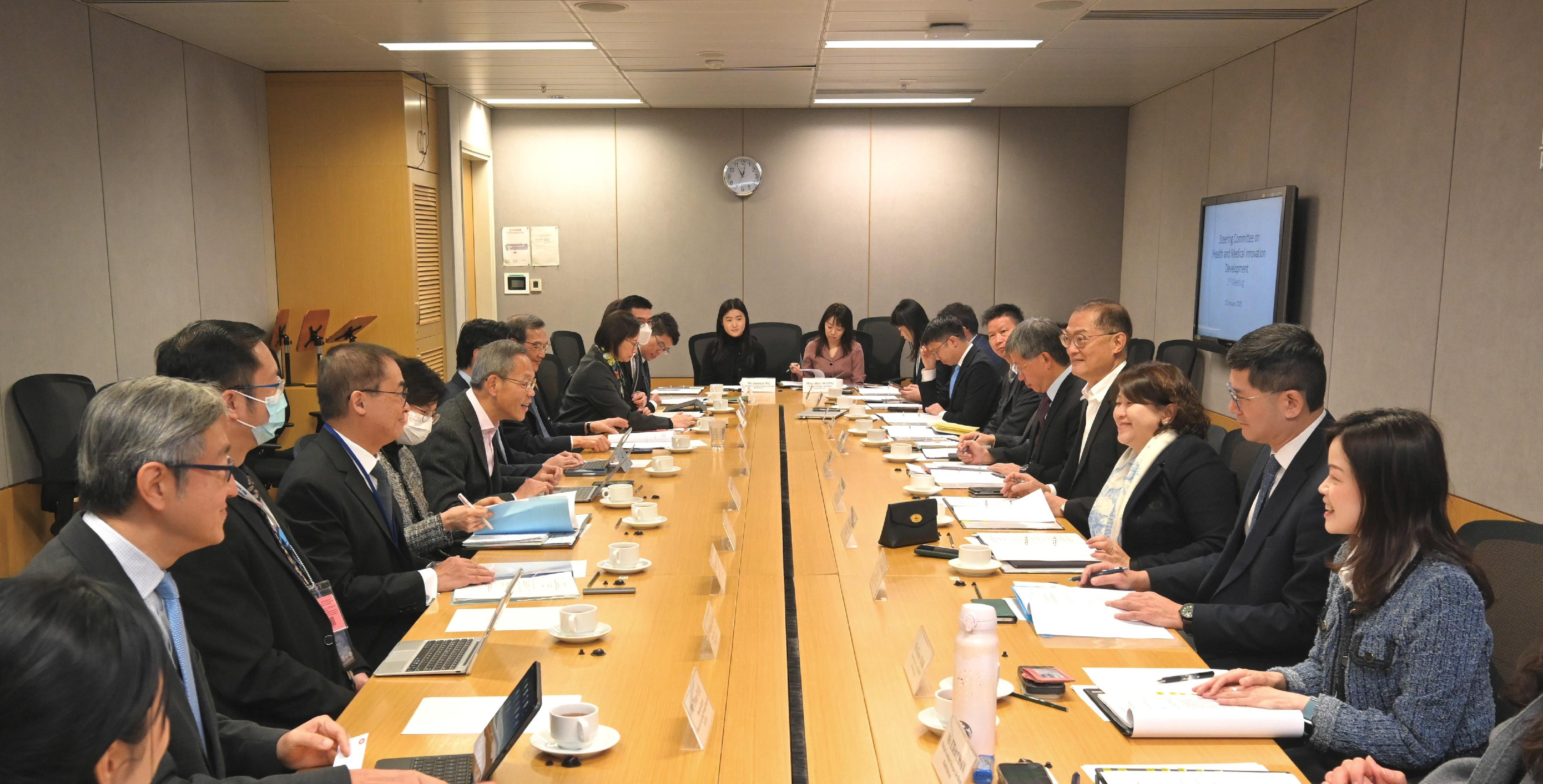​Invest Hong Kong (InvestHK) today (January 20) announced that the department achieved a record-breaking year for foreign direct investment (FDI) in 2024, assisting 539 overseas and Mainland companies to set up or expand their business in Hong Kong. This represents a 41 per cent increase compared to 2023, reflecting the strong appeal of Hong Kong as a leading business hub in the region.
The strong FDI performance was driven by investment across diverse and high-value industries. It is estimated that the total investment thereby brought to Hong Kong’s economy has reached over HK$67.7 billion, which also represents a record high and a nearly 10 per cent increase compared to 2023. These companies expected to create 6 864 job opportunities in Hong Kong during their first year of operation, an over 67 per cent increase compared to 2023.
The top five locations of origin among the companies assisted span markets in the United States, Europe and Asia.
| Location of origin |
Number |
| The Mainland |
273 |
| United States |
52 |
| France |
24 |
| The United Kingdom |
24 |
| Singapore |
23 |
Among the companies assisted, the top five sectors were as follows:
| Sectors |
Number |
| Innovation and technology |
120 |
| Financial services and fintech |
110 |
| Family offices |
95 |
| Tourism and hospitality |
58 |
| Business and professional services |
47 |
The Director-General of Investment Promotion, Ms Alpha Lau, said that the results in 2024 reflect overseas and Mainland enterprises having full confidence in Hong Kong, selecting the city as their base to expand regional businesses in Asia to capture the unique opportunities brought by Hong Kong as a “super connector” and a “super value-adder”.
In addition, the New Capital Investment Entrant Scheme (New CIES), of which InvestHK is responsible for its financial requirements assessment, received more than 800 applications by the end of 2024 since its launch last March which will bring in around HK$24 billion in investments to the city. With enhancements to the scheme to be effective in March this year, this number is expected to further increase.
Ms Lau said, “We are proud of the department’s outstanding performance in 2024. The number of companies we assisted and the amount of direct investment they brought to Hong Kong both hit record highs despite a complex and ever-changing global economic environment. It demonstrates Hong Kong’s resilience and adaptability and businesses’ strong confidence in the city as the preferred base to expand in the region. In 2025, we will encourage companies to expand their operations in Hong Kong beyond sales and services, covering areas such as research and development, treasury management, procurement and supply chains, regional management headquarters, listing or financing, etc.
“Looking ahead, we are committed to enhancing quality and creating new opportunities. We will prioritise attracting businesses that can generate substantial economic benefits and quality investments for Hong Kong. We will strategically introduce emerging industries from traditional markets, supporting Hong Kong’s development in new competitive sectors like cultural and creative industries, and technology. And we will explore emerging markets and strengthen our promotional efforts in places along the Belt and Road, especially the Association of Southeast Asian Nations economies and Eastern Europe, to assist local companies to expand their regional operations via Hong Kong,” she concluded.
InvestHK’s annual report 2024 is available on the department’s website here:
www.investhk.gov.hk/en/resource-centre/?tab=&type=Annual%20Report.
read more




